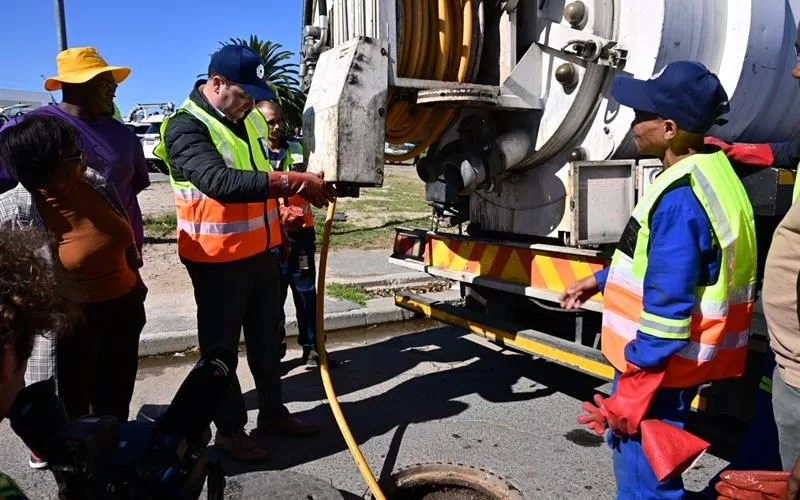Cape Town is taking unprecedented measures to prepare for winter and reduce the risk of flooding. They have jetcleaned over 230 km of sewer lines, adopted digital earlywarning systems for sewer spills, and leveraged technology to augment their winter preparedness agenda. The city’s comprehensive approach also includes flood mitigation, extending aid to homeless shelters, and preventing electrical disruptions. Cape Town’s efforts to safeguard its residents from potential flooding are establishing a new benchmark for urban winter readiness.
The Winter Readiness Programme helps shelters provide refuge for homeless individuals during the cold winter months by offering resources and support to assist more people. The program’s objective is to empower these vital organizations and create additional sleeping spaces without forcing them to build permanent housing. To participate, organizations must be registered as NonProfit or Public Benefit Organizations, possess the facilities to house clients, meet health and safety guidelines, and complete site evaluations. The application deadline is March 8th, 2024.
Winter can bring unpredictable and sometimes fierce weather conditions, particularly in Cape Town. The City of Cape Town understands the importance of taking proactive measures to reduce the risks associated with the winter months. To this end, the City has established the Winter Task Team, consisting of over 25 City departments and external partners, to oversee risk mitigation measures before and during winter, with the Disaster Risk Management Centre (DRMC) coordinating the team’s work.
The City of Cape Town is proposing a new Safe Space for homeless individuals in the Green Point area of Cape Town. The new space is an expansion of the City’s existing Safe Space programme, which currently offers 480 shelter beds at two facilities located at Culemborg in the city centre. The proposed 300bed Safe Space, located under the flyover bridge on Ebenezer Road, has been open for public comment until 8 May.




